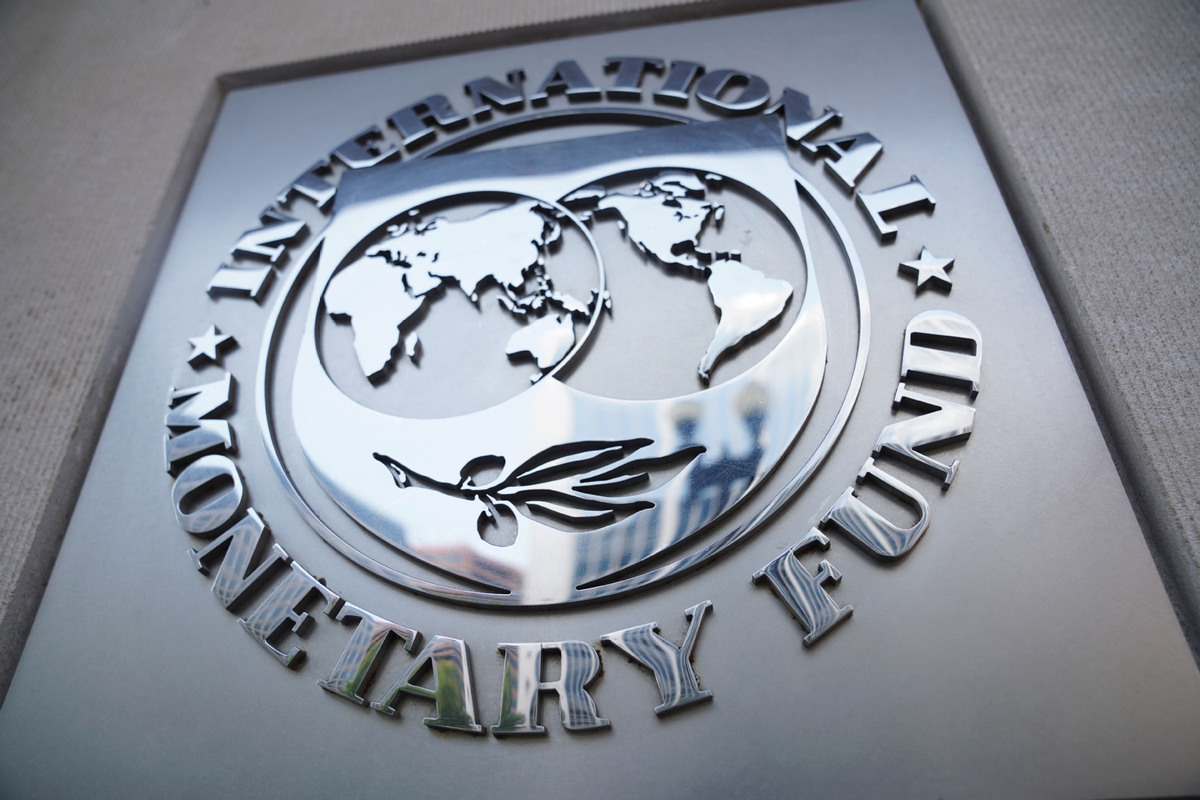IMF needs reforms to meet new challenges
By Xiong Aizong | China Daily | Updated: 2019-09-05 07:12

As a significant multilateral organization, the International Monetary Fund has played an effective role in promoting economic globalization. To begin with, the IMF has helped advance globalization and international trade. It is committed to boosting and better balancing global trade, while helping IMF member states establish a multilateral payment system with the aim of removing the foreign exchange limits that impede the development of global trade.
In particular, the IMF has opposed trade protectionism since the China-US trade conflict intensified, and warned that the rise of protectionism is harmful to global economic growth. In fact, Christine Lagarde, the outgoing managing director of the IMF, called on countries to make efforts to build an open and rule-based multilateral trading system.
The IMF has facilitated the orderly flow of state-owned capital, while encouraging member states, especially developing countries, to promote capital account openness. But after the 2008 global financial crisis, the IMF's attitude toward capital flow has changed; it has begun focusing more on management of capital flow.
On the whole, the IMF still emphasizes the free flow of capital as long as the extent of the flow does not exceed the financial capacity of a country, saying that once a country's capital flow exceeds its capacity, the IMF would be forced to regulate the capital flow, even impose capital control. Which means countries can enjoy the benefits of the globalization of capital, but have to take measures to reduce its negative effects.
The IMF has also helped stabilize globalization. For example, to minimize risks at the international and national levels, the IMF put forward policies and suggestions aimed at guaranteeing global financial and economic stability, so as to boost the movement of goods, services and capital among different countries. It has also issued reports to assess and analyze the potential financial risks and vulnerability of major economies.
Moreover, the IMF helps crisis-stricken countries recover and return to the growth track. For instance, it offers credit instruments which can provide financial support for member states, including standby credit facility, to balance their international payments in the short term, extended financing facility in the long run, and rapid financing instruments to meet the international payment demand.
It also offers precautionary financing to prevent and deal with economic crises.
But the IMF faces challenges, too, because of the decline of multilateralism. As the largest shareholder of the IMF, the United States is critical to its funding. But that the US has taken advantage of the bilateral currency swap agreement to maintain its financial stability suggests the US is now less interested in multilateralism in international financing. With the US administration turning its back on multilateral mechanisms, the IMF's problems are likely to increase.
To some extent, the IMF has encountered difficulties due to a lack of financial resources. For example, its lending capacity has lowered, and as the new borrowing arrangement will expire by the end of 2022, its financial resources could shrink to half their present size if a new arrangement is not put in place. Plus, the lack of financial resources will undermine the IMF's capacity to defend globalization.
The delay in reform has weakened the IMF's governance structure. Emerging economies have become more important for global economic development. Yet the IMF's governance structure is not fully adaptive to the new changes to promote global economic development, especially because there is a huge gap between the share of emerging markets in the world economy and their voting rights in global financial institutions such as the IMF and World Bank.
With Lagarde scheduled to leave office on Sept 12, the new IMF chief needs to be aware of the potential challenges, and make strenuous efforts to maintain the IMF's position at the core of the global financial system, by enhancing the solidarity of member states and strengthening the IMF's financial resources, in order to prevent the global financial security system from weakening. The new chief also has to continue promoting structural reforms in the IMF in accordance with the current global economic trend, and optimize the organization's functions in order to better promote global economic development.
The author is a researcher at the Institute of World Economics and Politics, Chinese Academy of Social Sciences. The views don't necessarily represent those of China Daily.























